
Such a trend as organic agriculture (OA) is gaining traction in the world today. What is its advantage? Is it worth to start it in Kazakhstan? How to get a certificate? What direction is more profitable? The editorial team of the World of NAN attempted to find answers to these and other questions.
SOME STATISTICS
In recent years, areas under organic agriculture in the world have increased several times, reaching 1.5% of global agricultural land area - more than 72 million hectares of land. The market for organic food exceeds 100 billion euros and continues to grow. Moreover, according to experts, demand is much higher than supply, which significantly affects the price of the product.
As of 2019, more than 3.1 million producers of organic products are registered in the world. Moreover, most of them are small farms. India has the most producers 1,366,000, followed by Uganda - 210,000 and Ethiopia - 204,000.
In Kazakhstan, organic farming began to be introduced in 2015. However, our farmers are not interested in this niche. According to NJSC "International Center for Green Technologies and Investment Projects" as of 2020 there are about 30 certified producers, which account for more than 300 thousand hectares of land developed under the production of organic products. Most of the products are exported.
ADVANTAGES OF THE TRANSITION TO ORGANIC AGRICULTURE
Rasul Karabasov, head of the department "Marketing" of the Kazakh Agro-Technical University named after S. Seifullin considers organic farming a very profitable business.
"Products of organic agriculture are much more expensive, depending on the type of products from 2 to 20 times may be the difference in price. At the same time engaging in organic farming opens up prospects for export to Europe and other markets", - emphasizes Rasul Karabasov.
The expert also notes: "in the process of organic farming, the conditions of environmental preservation are observed. Any farmer knows that this, in turn, contributes to the development of soil flora and fauna and is reflected in the yield. That is, in the following years, the land will yield more crops. However, this only works in the long term.
DISADVANTAGES OF ORGANIC AGRICULTURE
Preserving the environment is a very noble goal, but things are not so simple and serene in organic farming. If you want to get started, be prepared for difficulties and costs.
"Switching to organic farming is expensive, so the lack of treatment and fertilizer costs can't offset the costs of certification and other expenses without adequate government support," an expert from KATU University explains.
It should also be borne in mind that organic farming practices are non-traditional. For example, farming prohibits the use of plant protection chemicals and growth regulators, which in turn greatly complicates the process of growing products.
Yevgeniy Klimov, senior researcher at the Kazakh Research Institute of Agricultural Economics and Rural Development, chairman of KAZFOAM, says: "When transitioning to organic farming, the farmer must be prepared for possible problems related to pests and diseases. Therefore, it is important to have access to information on how to adapt the farm to the new production, the difficulties he may encounter on his way and how to overcome them.
According to the expert, before switching to organic farming, farmers should first test the methods of organic farming and only then, after gaining practical experience, move to production.
Also, Kazakhstan does not provide subsidies for certification of organic agriculture, bio-products for the transition period and for research.
"In this case, the question remains open: Why Kazakhstan subsidizes environmentally hazardous pesticides and fertilizers, and not safe organic fertilizers and enzyme products?" - added Eugene.
By producing a product, you will encounter difficulties again. It should be understood that the domestic market is not yet developed for the introduction of an organic product. Therefore, it must be sold abroad, and to enter the European or Asian market, you need to get the appropriate certificate.
NUANCES OF CERTIFICATION
According to Eugene, there is a single authority in Kazakhstan to confirm the conformity of organic products of organic agriculture JSC "National Center for Expertise and Certification". (NACEC), which now has the right to assign the status of organic production by national standards. But at the moment NACEC has not certified any producer. This is due to the imperfection of the legislative framework on technical regulation.
However, even if you receive a domestic certificate, you will not be able to sell your products abroad.
"To sell products in Europe or the U.S., you need to get a certificate of confirmation from these regions, because they do not recognize the standards of other states. Here, too, there are nuances. For example, if you start to engage in organic farming, then your first harvest will not be considered organic, only on the 2nd year you can sell your products as organic," - explains Evgeny Klimov.
According to his information, each year more than 70 producers in Kazakhstan receive the European certificate. These very representatives are a clear proof that organic farming is returning the money and effort spent.
If you are still engaged in OA and want to get a certificate, you can contact the Kazakhstan Federation of Organic Agriculture Movements KAZFOAM
"We advise on the selection of a certification body. We help you fill out application forms, collect the necessary documents. Or agricultural producers can apply directly to the certification bodies", - added Yevgeny Klimov, Chairman of KAZFOAM.
WHICH DIRECTION TO CHOOSE IN THE OA?
Currently in the world the demand for organic products surpasses the supply. This trend has also intensified during the pandemic, because people have become more conscious of their health and the environment. Society's interest will continue to grow, so the sooner you get involved in organic agriculture, the stronger you will be able to gain a foothold in the market. But which direction is worth choosing?
A senior researcher at KazNII reveals: "We conducted a survey among supermarket shoppers on the demand for organic products. According to its results in first place is milk and dairy products, the second place is taken by vegetables and fruits, and the third by meat and meat products.
At the same time, the speaker stresses that to date, only a few in Kazakhstan are producing organic fruits and vegetables, and producers of organic meat and milk are completely absent. These niches are now free and producers who want to become an organic producer, have a chance to succeed.
As for farming, then, in the opinion of the expert, they can be engaged in any region of the country, and it should be understood that the higher the land contamination, the longer the transition period will be. The more land is degraded, the more investment is needed to restore fertility.
CONCLUSION
Organic farming is a very complex field, which takes a lot of effort and money, but yields high profits, yields and preserves the environment. To start a business in this area or not - the choice is up to everyone. However, it is worth considering that today organic agriculture has a number of social and economic benefits associated with public health, environmental conservation, the creation of "green" jobs, increasing competitiveness, etc. Therefore, in many countries governments are introducing various support mechanisms aimed at stimulating the production and consumption of organic products. In Kazakhstan, they have not yet realized all the benefits of organic agriculture, but it is a matter of time. And while you think whether to start organic farming, others are already conquering the markets of Western countries.






































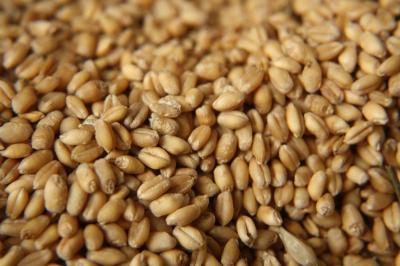
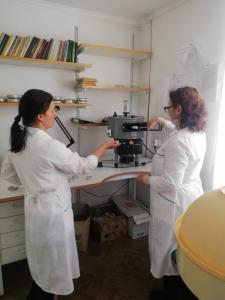
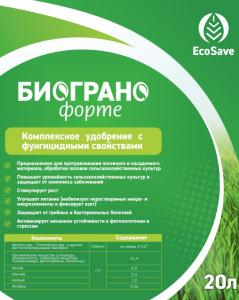
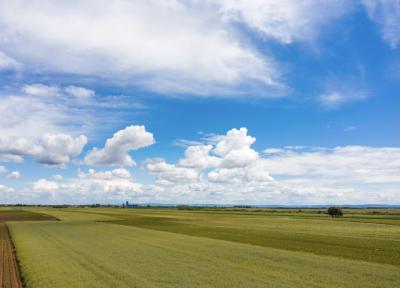
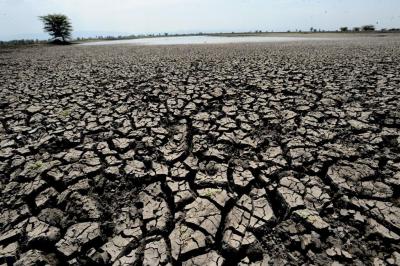
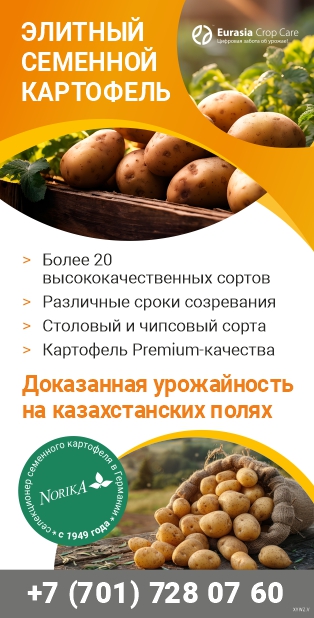

Обсуждение